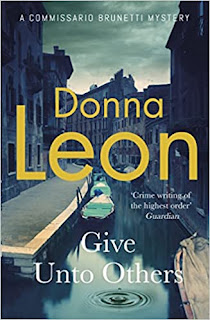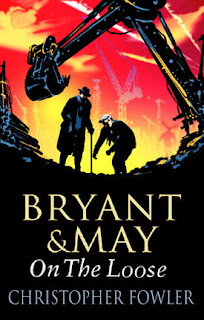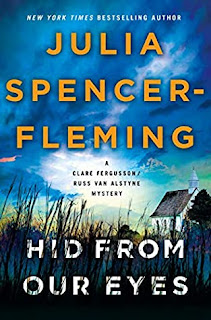I thought Holly Bourne’s Am I Normal Yet? was absolutely outstanding, but I’ve tried three times now with How Do You Like Me Now? and I just can’t get through it.
Its narrated by the unhappy Tori, who has an apparently perfect life with a partner whom everyone admires and a very successful career, but who feels lost in her life and finds her partner considerably less perfect than everyone else does. She is also very aware of being subject to the pressures and sexism experienced by women everywhere in our society. The descriptions of all of this are as penetrating and as vivid as you’d expect from Holly Bourne and it’s an angry and thoughtful analysis of very important subjects...but I’ve had to abandon it, I’m afraid.
I think the problem is that it’s pretty unremittingly bleak and that I felt that I was rather being beaten over the head with issues while finding it difficult to empathise with the narrator. In Am I Normal Yet?, Bourne managed to deal with some very difficult, often uncomfortable topics and a rather tormented narrator with both humanity and humour which made it compulsively readable for me but which are both in shorter supply here.
To be fair, as a man in late middle-age I’m not really the target audience, but this one just didn’t work for me. Sorry, Holly.



































